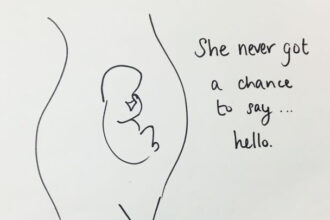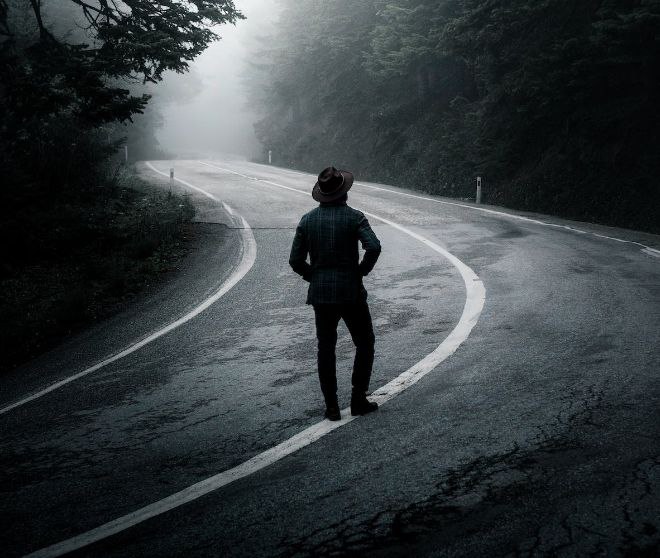Latest POEMS News
You were never mine, no.
You were never mine, no. You refused to be owned, no matter…
To the unborn babies…lost to heaven
My Child Did Exist… I will always think about what you would…
I was never…
I was never a part of his life, Just a chapter in…
Alex Jones
Today marks the turn of something great in the cosmos. The…
mufasa has rested
Sammy Kirya, We don't hold the futureWe hold the nowNow is what…
What Do You Fear?
The demons that prey on you at night, The beasts that walk…
Of corruption & anti corruption
I've grown to feel nothing. For the World, at every turn, everything…
27th September 2022
The feeling was right for two days straight The dark clouds had…
Ruto the brief
Smoke rises from the lone manyatta in the distance In the thicket,…
Contradictions
Mixed thoughts in my head, Worry, the diabolic conductor enchants them all.…











